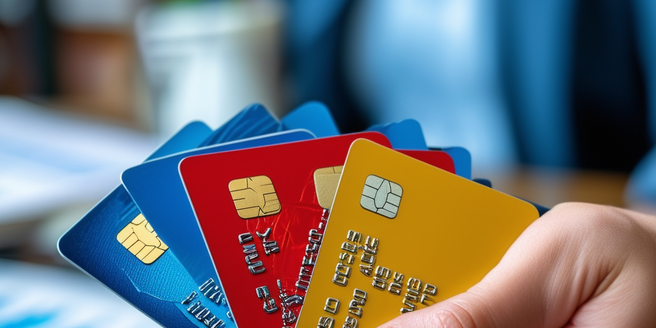
Understanding Credit Card Cash Advances
Credit card cash advances are a feature offered by many credit cards, allowing cardholders to withdraw cash, usually at an ATM or a bank. However, unlike typical credit card purchases, cash advances come with specific terms and conditions. These transactions often carry high-interest rates from the day of the withdrawal and may include fees. Understanding these aspects is crucial, as they can significantly impact the cost of borrowing. The convenient nature of cash advances can make them a tempting option in emergencies, but informed decision-making requires a clear understanding of the associated costs and potential long-term financial implications.
How Cash Advance Fees are Calculated
Cash advance fees are calculated as either a percentage of the amount withdrawn or a flat rate, whichever is higher. For example, if your card has a 5% fee with a minimum charge of $10, withdrawing $100 would incur a $10 fee because it’s higher than the $5 percentage cost. Additionally, interest on cash advances often starts accruing immediately at a higher rate than for purchases, with no grace period. Understanding how these fees are calculated is essential for assessing the true cost of a cash advance and planning accordingly, especially as costs can vary by issuer.
Pros and Cons of Using Cash Advances
Cash advances can offer a quick source of funds, particularly in emergencies. This convenience comes with pros like immediate cash availability and no need for collateral or credit checks. However, the cons often outweigh the benefits, primarily due to high fees and interest rates, which start accruing immediately. It’s important to be fully aware of all costs associated with cash advances before proceeding. Additionally, withdrawing against your credit limit reduces the available balance for other transactions. It’s essential to assess whether these drawbacks are manageable within your financial situation or if alternative options may offer more favorable terms.
Alternatives to Cash Advances
When facing a cash crunch, alternatives to credit card cash advances should be considered. Personal loans often offer lower interest rates and more manageable repayment terms. Another option could be borrowing from friends or family, which might provide flexibility without the high costs associated with cash advances. Additionally, exploring community resources or financial counseling services might provide unexpected solutions. It is worthwhile to proactively assess your financial options before a crisis arises. Setting up an emergency savings fund can help avoid future financial strains. Each alternative comes with unique benefits and considerations, and evaluating these can lead to more cost-effective and financially sustainable decisions.
Tips for Managing Cash Advance Costs
To manage the costs associated with cash advances, it is crucial to plan carefully. Start by borrowing only what you absolutely need to minimize fees. Keeping track of all associated fees and interest rates is essential to avoid unexpected expenses. Paying off the balance as quickly as possible can help reduce interest charges. It’s also beneficial to read and fully understand your credit card’s terms regarding cash advances. Consulting with a financial advisor may provide tailored strategies to help manage costs. By following these tips, cardholders can mitigate some of the financial burdens associated with cash advances.
Frequently Asked Questions about Cash Advances
Questions commonly arise about cash advance limits, the impact on credit scores, and repayment terms. Limits are typically lower than your overall credit limit and depend on the issuer’s policies. It’s important to consider any fees associated with cash advances as they can add to the overall cost. Cash advances can affect credit scores, primarily through increased credit utilization. Repayments prioritize balances with lower interest, meaning cash advance balances may take longer to clear. These factors emphasize the importance of reviewing your card’s terms and conditions before proceeding with a cash advance, ensuring you’re fully aware of how these transactions might impact your financial health.
